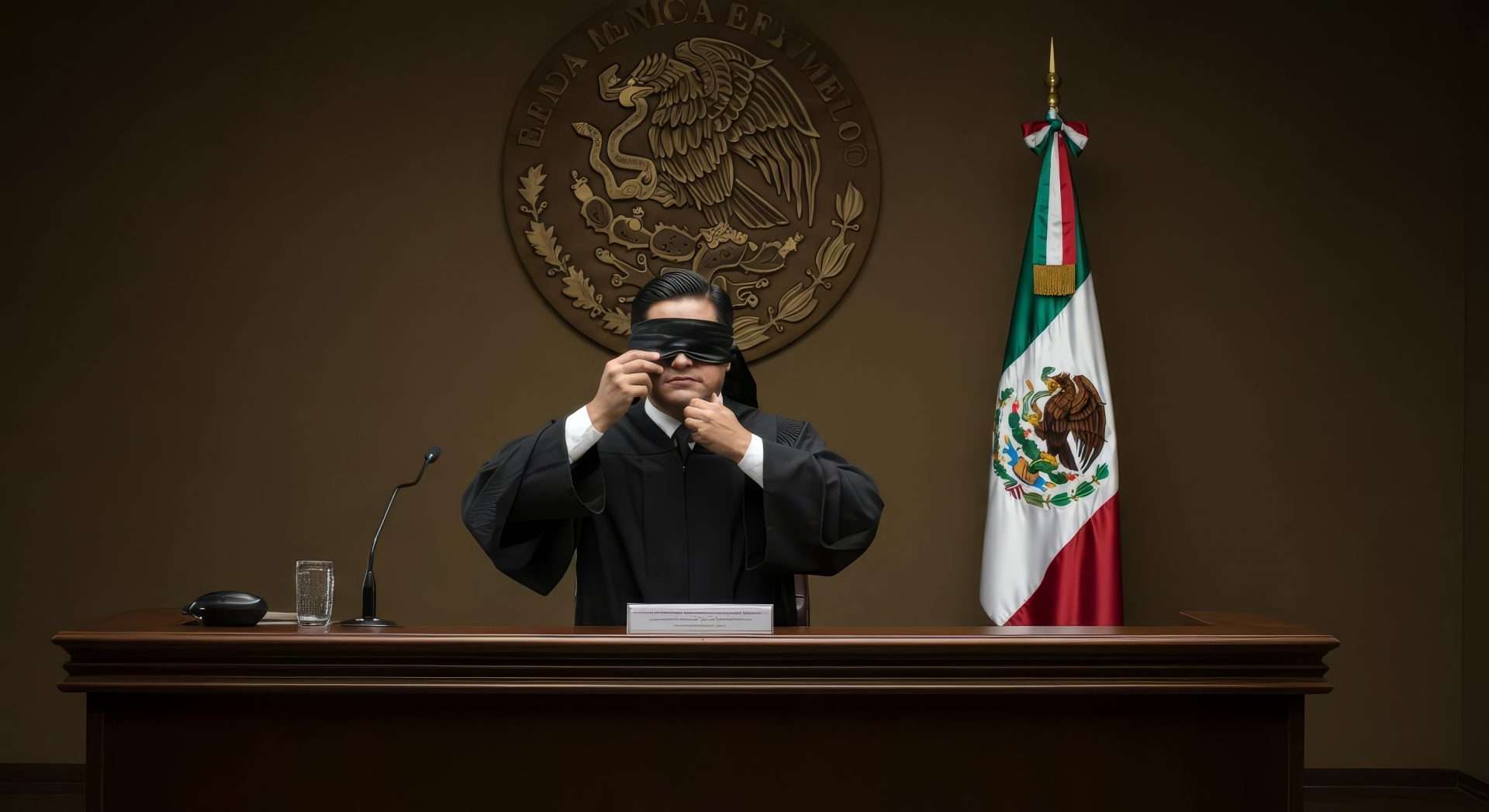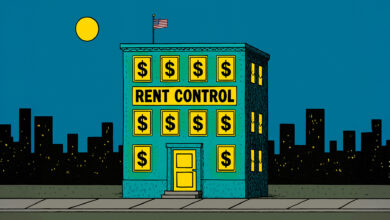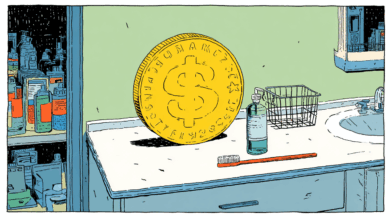The End of Justice in Mexico?

On June 1, 2025, Mexicans were called to vote for judges, magistrates, and Supreme Court justices. It was the first major implementation of a sweeping judicial reform passed in the twilight of former President Andrés Manuel López Obrador’s administration. The change was framed as a democratization of justice, but it was a masterclass in judicial capture.
People should be alarmed. Mexico is undergoing a transformation that compromises the separation of powers, individual rights, and the very conditions that allow for sustained prosperity.
From Republic to Mob Rule
Giovanni Sartori, the Italian political theorist, warned that when democracy is reduced to majority rule without constraints, it ceases to represent the whole demos. Instead, it becomes a tool for tyranny. That is precisely the path Mexico has embarked upon.
Supporters of López Obrador have framed the judicial elections as a triumph of the people. Social media was flooded with slogans: “The people won!” or “Now justice will be ours!” But popular elections alone do not guarantee liberty, especially when orchestrated by a political machine that controls the executive and legislative branches and now seeks to subjugate the judiciary.
The electoral process was hardly democratic. Candidate selection was controlled by committees dominated by Morena, the ruling party. Qualifications were minimal. Many selected candidates lacked serious credentials. Some had links to organized crime. The average voter faced dozens of names on multiple ballots, most of them unfamiliar and indistinguishable, which resulted in a low turnout. As the economist and former Deputy Governor of Mexico’s central bank, Manuel Sánchez, noted, it was an unmanageable farce dressed in democratic clothing.
One of the most glaring examples of the process’s failure was the election of Silvia Delgado, a former defense lawyer for Joaquín “El Chapo” Guzmán, as a judge in Ciudad Juárez. Delgado’s candidacy sparked national outrage; but she dismissed the accusations, claiming she was merely doing her job. Nonetheless, a lawyer who once defended a notorious cartel leader is now entrusted with administering justice in a city plagued by drug violence.
As Mary Anastasia O’Grady observed in the Wall Street Journal, the real goal of this reform was to politicize the courts so that they would no longer block the executive’s ambitions: “When the state wants to discriminate against private investors in favor of its own interests, property rights and contracts won’t get in the way.” That is indeed the strategy: to replace impartial judges with loyal party operatives and watch the rule of law dissolve into executive fiat.
The very idea that justice can be improved by turning it into an electoral contest is flawed. Judges are not supposed to please voters; they are meant to apply the law impartially. But now, the incentive is reversed. Judges will be punished for defying political power and rewarded for serving it. Those who protect political dissidents or refuse to rubber-stamp executive decrees will find themselves sanctioned, marginalized, or removed altogether.
What Will This Mean for the Average Mexican?
Imagine a citizen who dares to criticize the government. If he is targeted by the state, where will he go for protection? The courts? Not anymore. If a judge attempts to uphold his rights, the judge becomes the next target. A chilling silence will follow. When the judiciary becomes just another arm of the executive, political persecution becomes an administrative routine.
Mexico is inching closer to a Venezuelan-style autocracy. Consider the case of María Oropeza, who was forcibly abducted in Venezuela by armed men without due process. Her crime? Sympathizing with the opposition. That’s the future Mexico risks: where justice is not blind, but partisan. Some dismiss these warnings as exaggeration. But as Adam Smith observed in The Theory of Moral Sentiments, people often ignore distant tragedies until they arrive at their doorstep.
This reform threatens the institutional foundations of Mexico’s economy. Investors need predictability. Entrepreneurs need rules that don’t shift with political winds. Contracts must be enforceable, and property must be protected from arbitrary seizure. Mexico already struggles with a weak legal framework. According to the 2024 Economic Freedom of the World report by the Fraser Institute, Mexico ranks 116th out of 165 countries in the category assessing the strength of its legal system and property rights.
The reform fosters legal uncertainty. Judges aligned with the ruling party will be unlikely to rule against government overreach. Businesses, both domestic and foreign, will think twice before investing. Why risk capital in a country where legal outcomes depend on political loyalty?
True progress requires markets that reward merit, institutions that enforce contracts, and a legal system that protects everyone, not just friends of the regime.
Today, those institutions are under siege.
A Libertarian Hope
Still, as I argued almost a year ago, there is hope. Not necessarily in the state, but in civil society and individual initiative. The reform may succeed in weakening the judiciary, but it cannot extinguish the spirit of a free people. López Obrador may have designed the architecture of illiberalism, but history is filled with failed architects.
In 1777, during a moment of political despair, Adam Smith was asked whether Britain faced inevitable ruin after a military defeat. He replied calmly: “There’s a great deal of ruin in a nation.” Mexico, too, has a deep reservoir of resilience. Bad governments can do damage, but they cannot fully extinguish the desire for liberty.
What libertarians must do now is continue to warn, to educate, and to organize. Speak out against the erosion of institutions. Build communities committed to free enterprise and personal responsibility. Protect the remaining spaces of liberty—however small—with vigor.
And above all, refuse to normalize what is happening. Voting for judges is not democratic when it is rigged. Power is not legitimate when it silences dissent. And prosperity is not possible when justice is up for sale.
Mexico’s judicial reform is a constitutional turning point. It concentrates power, erodes liberty, and risks condemning a generation to poverty, fear, and silence. But liberty has faced darker hours. If we are to honor its promise, libertarians here in Mexico must face this hour with courage, clarity, and conviction.
The post The End of Justice in Mexico? was first published by the Foundation for Economic Education, and is republished here with permission. Please support their efforts.



